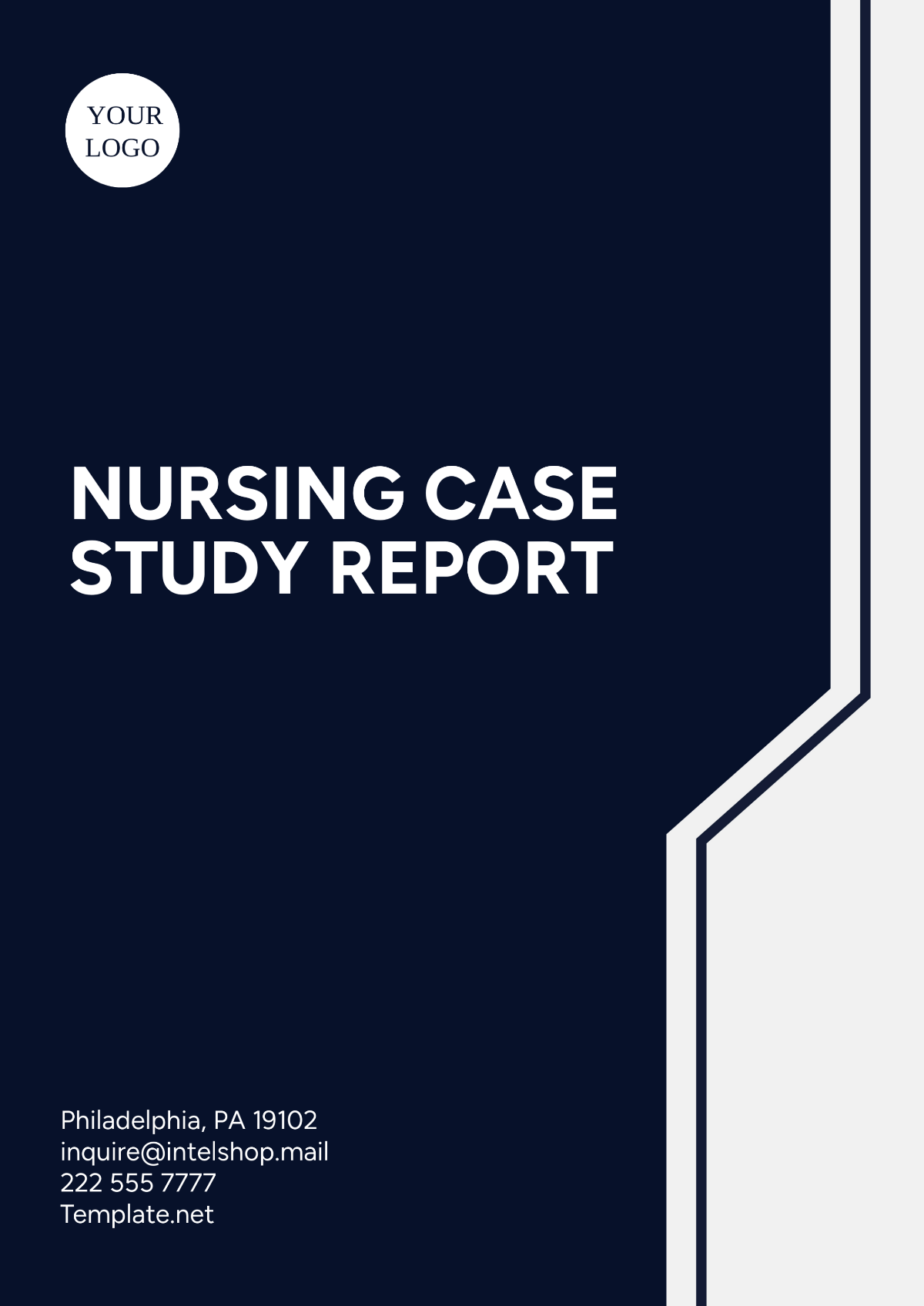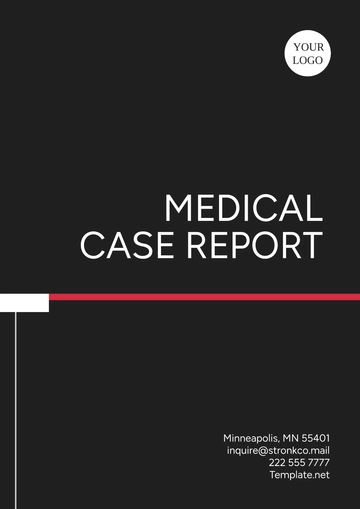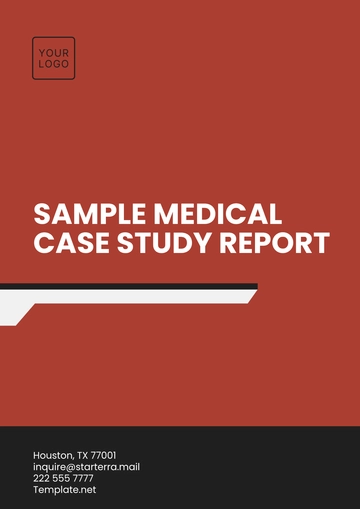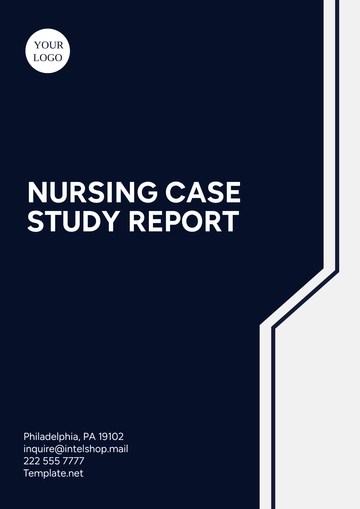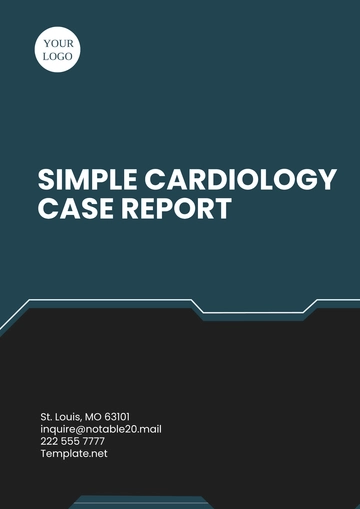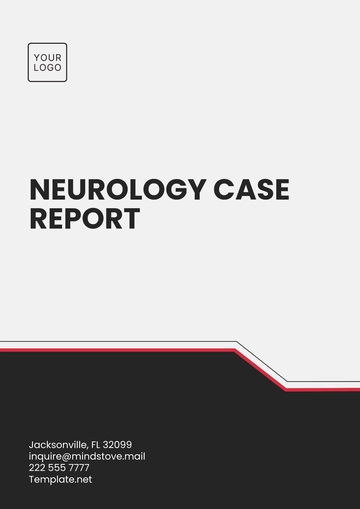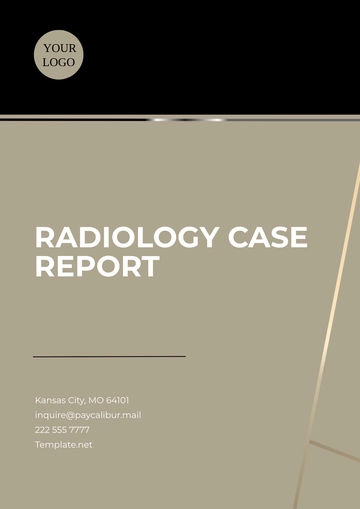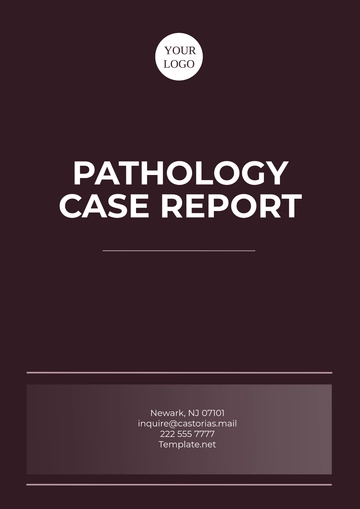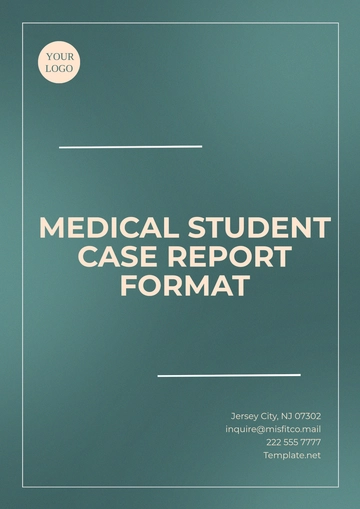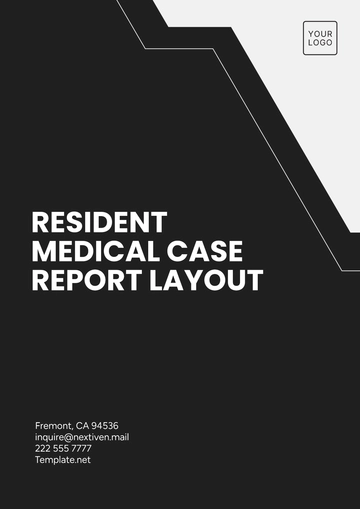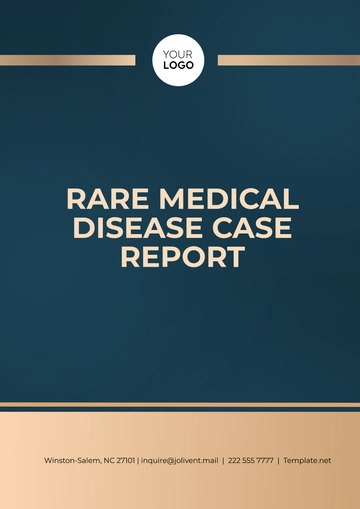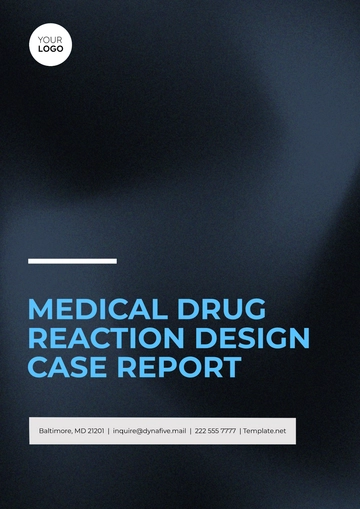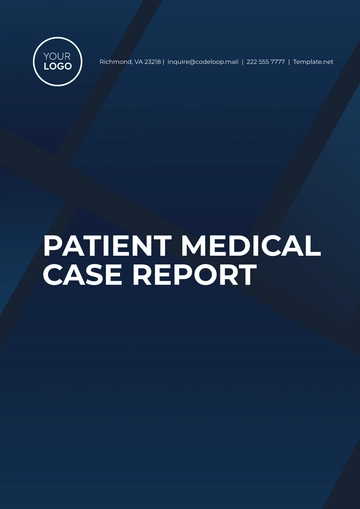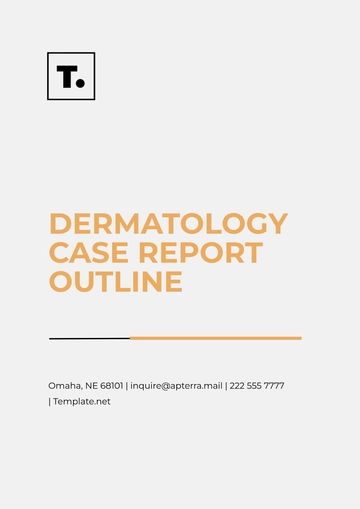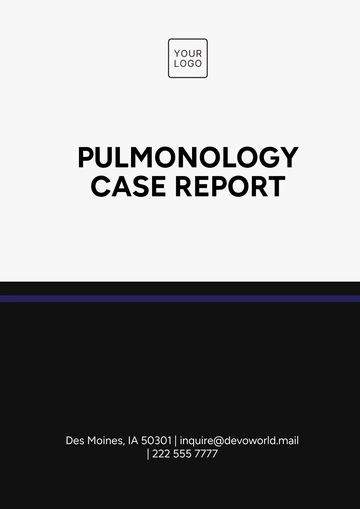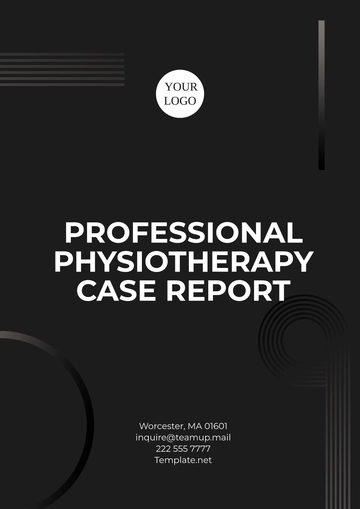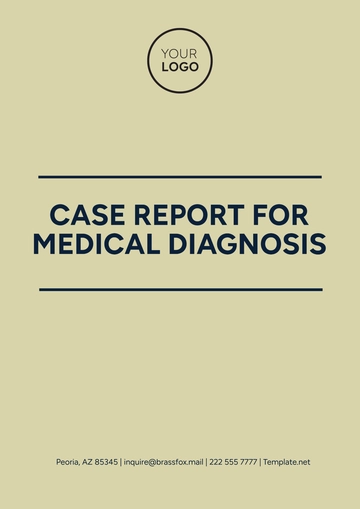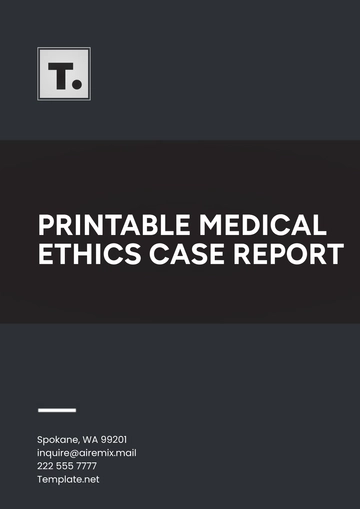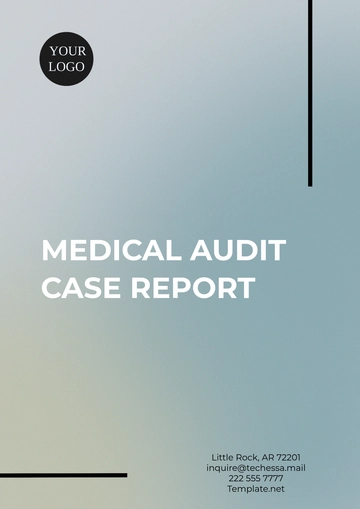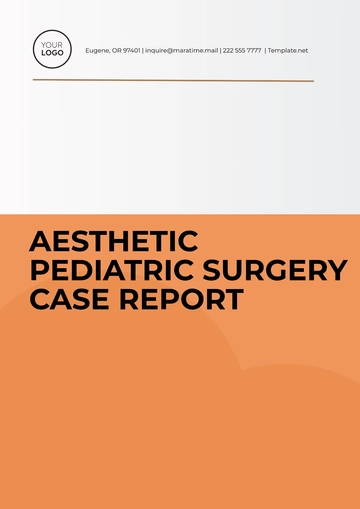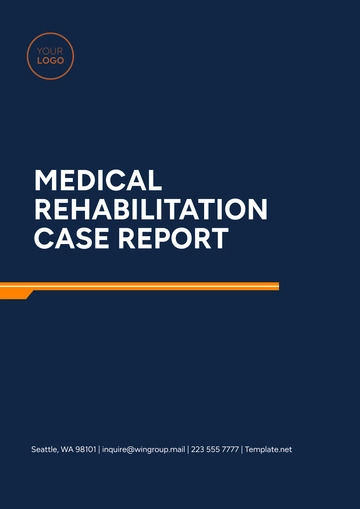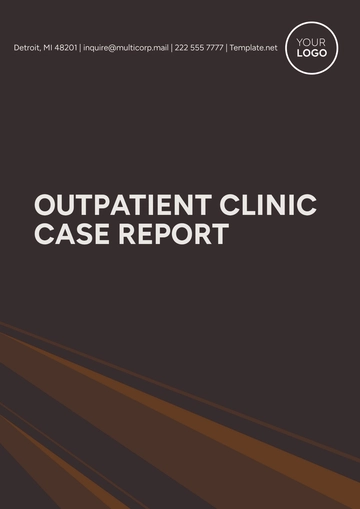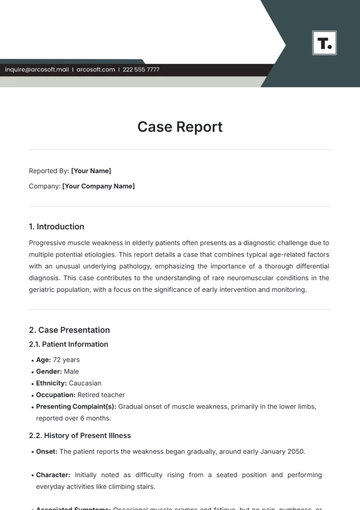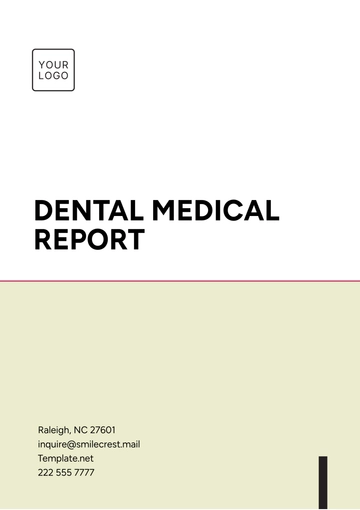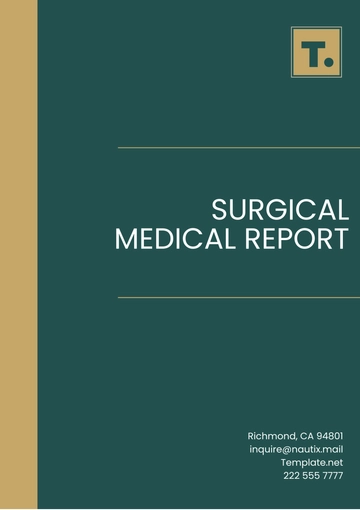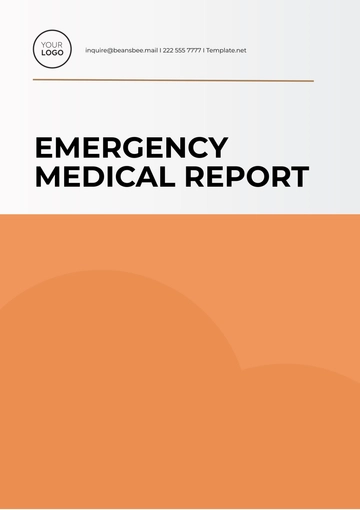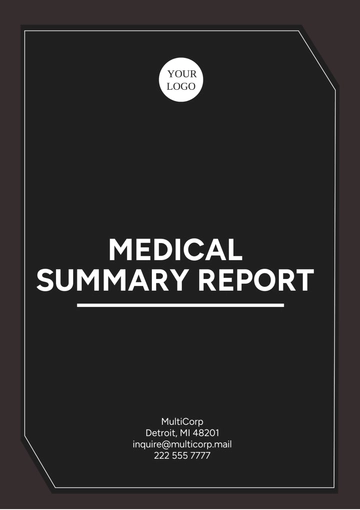Nursing Case Study Report
Student Name: [Your Name]
Course Name: Advanced Nursing Practice
Instructor Name: Dr. Emily Johnson
Date: November 26, 2055
1. Introduction
This report provides a comprehensive analysis of a nursing case study focusing on the patient's medical history, the nursing assessment, diagnosis, interventions, and evaluation. The case study aims to enhance nursing students' understanding of clinical decision-making and patient care management in real-world scenarios.
2. Patient Profile
Attribute | Details |
|---|
Name | John Doe |
Age | 65 |
Gender | Male |
Medical History | Hypertension, Type 2 Diabetes |
Medications | Metformin, Lisinopril |
Allergies | N/A |
3. Nursing Assessment
A. Physical Examination
Upon admission, the patient presented with elevated blood pressure, mild shortness of breath, and fatigue. Physical examination revealed signs of peripheral edema and a body temperature of 98.6°F. The patient appeared alert but reported experiencing occasional dizziness.
B. Laboratory Tests
The following laboratory tests were conducted to aid in diagnosis:
C. Assessment Summary
The patient is experiencing exacerbations of chronic conditions likely due to poor medication compliance and dietary indiscretions. Signs and symptoms indicate a possible congestive heart failure exacerbation, necessitating further monitoring and intervention.
4. Nursing Diagnosis
Based on the assessment findings, the primary nursing diagnosis for the patient is Fluid Volume Excess related to compromised regulatory mechanisms as evidenced by peripheral edema, weight gain, and dyspnea.
5. Nursing Interventions
A. Medication Management
Administer prescribed diuretics to reduce excess fluid accumulation. Monitor and document the patient’s response to medication, noting any side effects or complications.
B. Dietary Requests
Initiate a low-sodium diet plan to help manage fluid retention. Educate the patient on the importance of dietary compliance and provide a list of recommended and restricted foods.
C. Patient Education
Educate the patient on the importance of adherence to the prescribed medication regimen.
Provide written materials on managing hypertension and diabetes through lifestyle modifications.
Teach self-monitoring techniques, including how to measure blood pressure and blood glucose levels at home.
6. Evaluation
Upon intervention, the patient showed a decrease in peripheral edema and reported improvement in breathing ease and energy levels. Blood pressure and glucose levels were monitored continuously, showing a trend towards normalization. The patient expressed understanding and commitment to following the care plan, including medication adherence and dietary adjustments.
7. Conclusion
This case study highlighted the importance of comprehensive nursing assessment, timely interventions, and patient education in managing complex clinical conditions. Ongoing evaluation and reassessment are crucial to ensure positive patient outcomes and promote long-term health stability.
Report Templates @ Template.net
